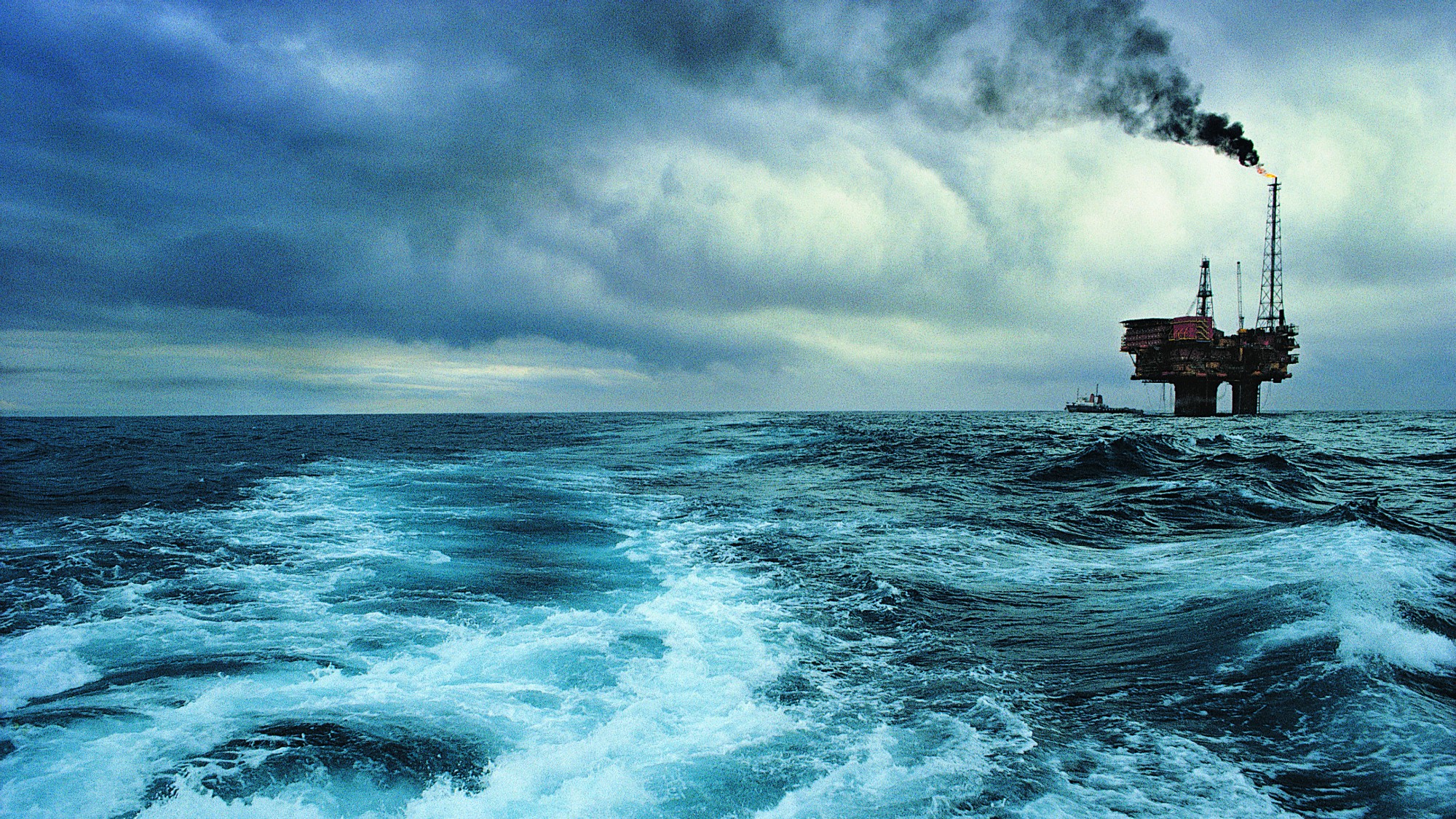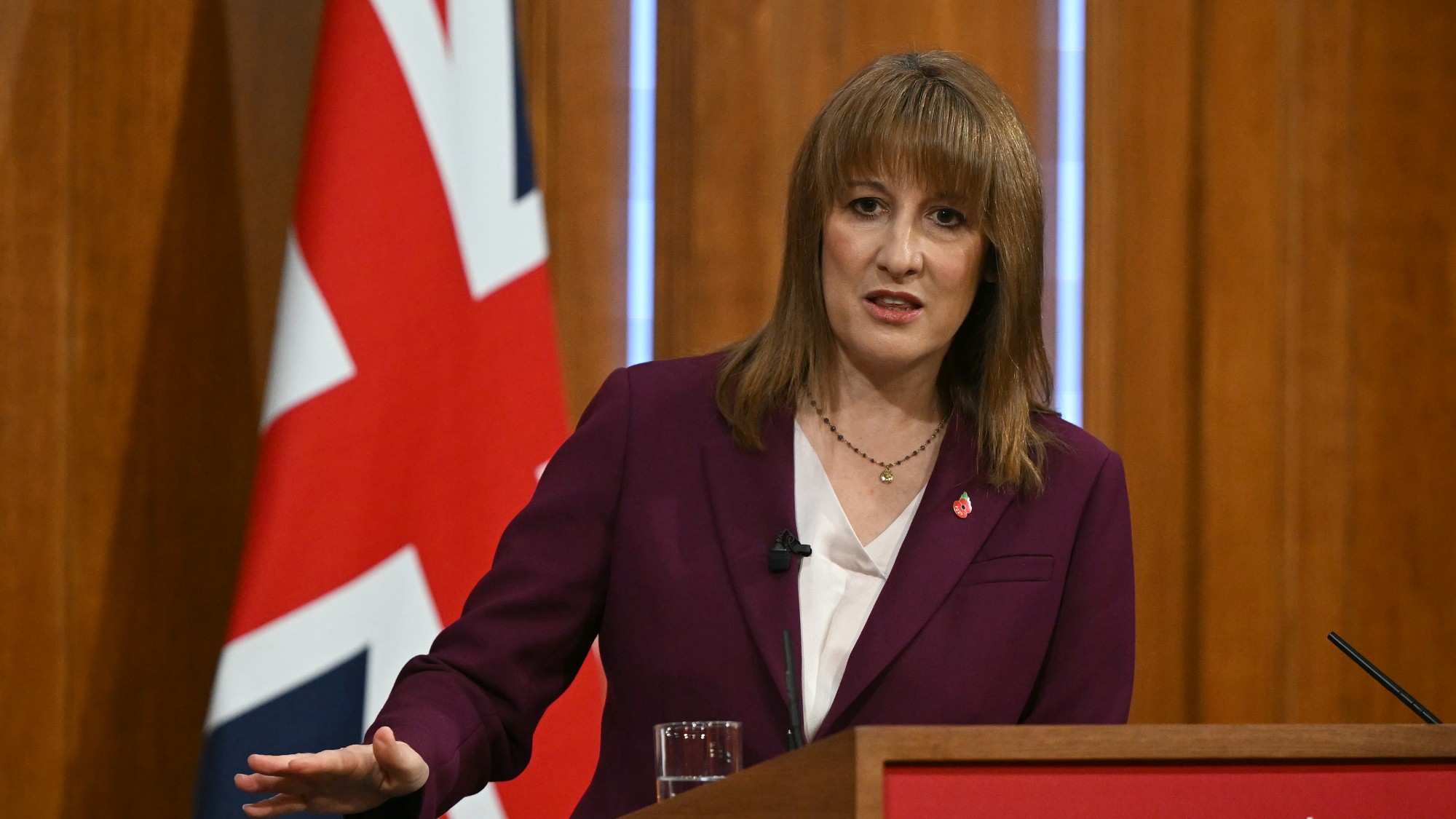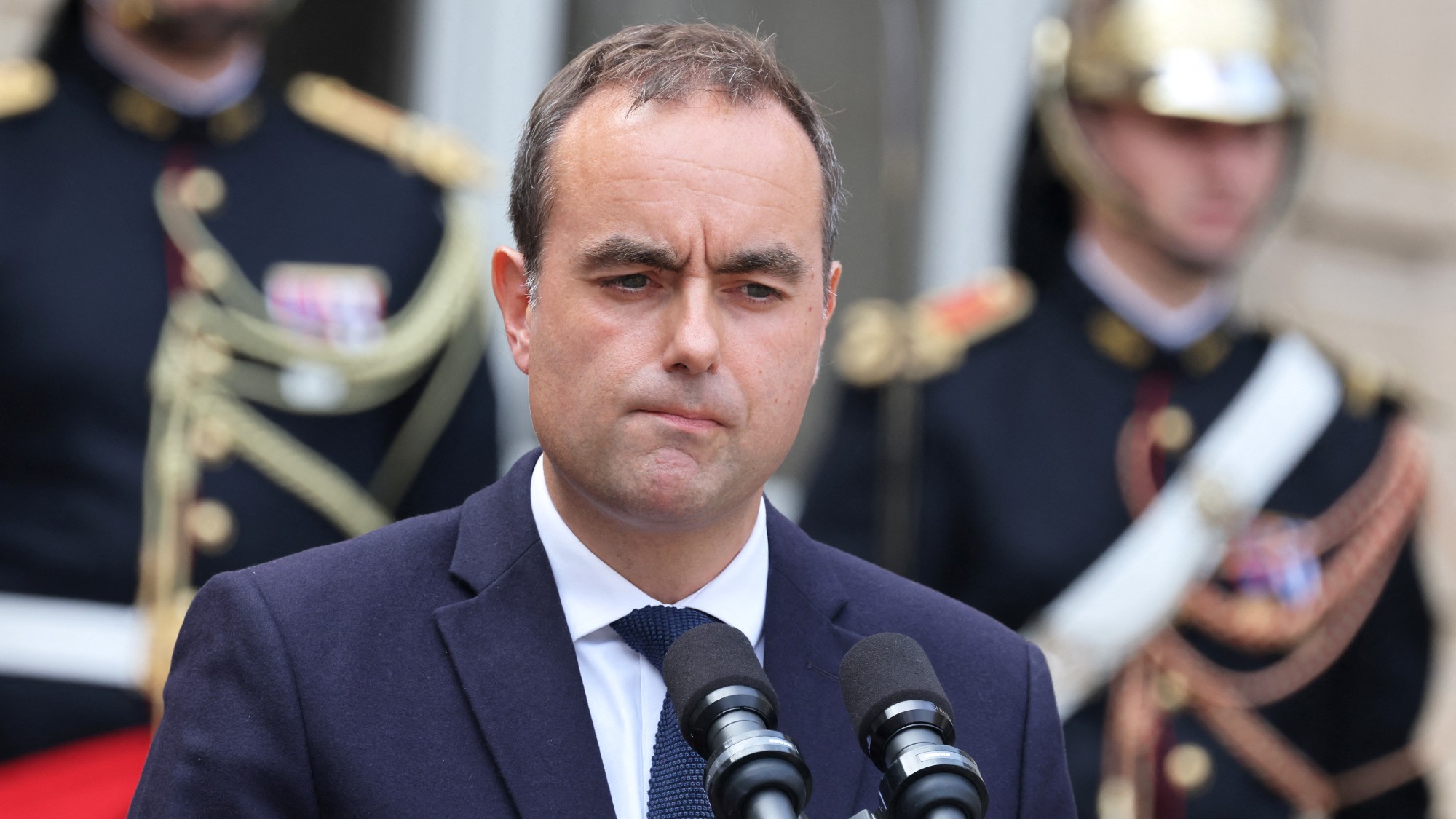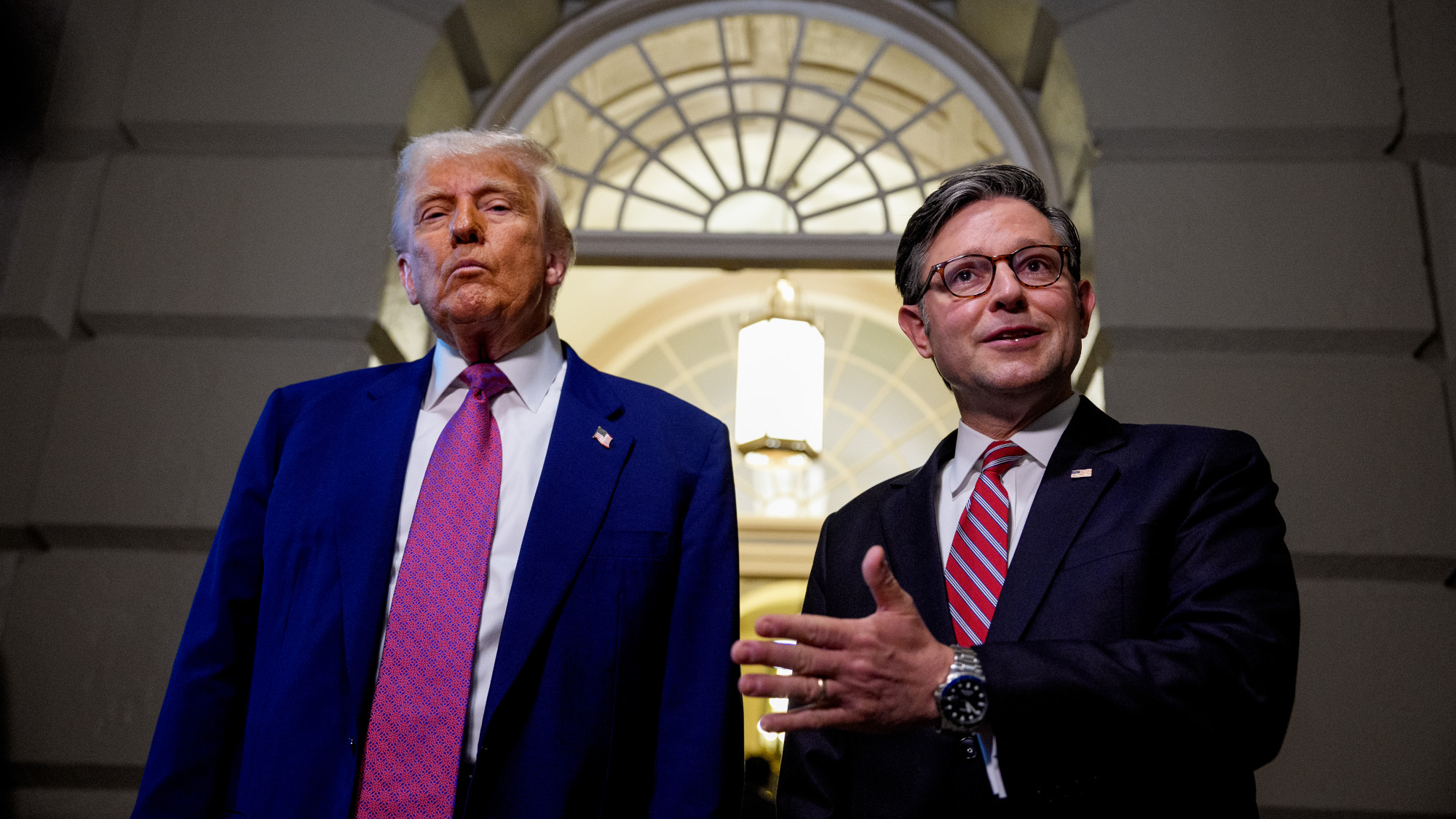Tax plans spell trouble in the North Sea
Labour’s tax plans are whipping up a storm. Are the worries of opponents justified?

A free daily email with the biggest news stories of the day – and the best features from TheWeek.com
You are now subscribed
Your newsletter sign-up was successful
North Sea oil companies are "accustomed to political meddling", said The Times. But the new Government has made no bones of its desire to impose higher taxes and tougher environmental rules on producers in the forthcoming Budget – to tackle a regime that Environment Secretary Ed Miliband described before the election as having "more holes than Swiss cheese".
The next few months could prove "defining for Britain's oil and gas industry". Miliband has argued that revenue from windfall taxes could help finance Labour's much-vaunted £8bn GB Energy green investment vehicle, which will be headquartered in Scotland. But plenty of Scots are deeply concerned about a policy that threatens the local economy, said Ian McConnell in The Herald. Labour is charging into the sector "like a bull in a china shop". Ministers would "do well to exercise some caution".
On paper, the plans don't look too drastic. Labour aims to raise the windfall tax – introduced by Boris Johnson in 2022 as energy prices soared following the Ukraine invasion – from 75% to 78%, and scrap what ministers see as "unjustifiably generous" investment tax breaks. But according to industry body Offshore Energies UK, the move "will deal a £13bn blow to the economy", said John-Paul Ford Rojas on This is Money – jeopardising both UK growth and, ultimately, investment in the green economy if a "very short term" boost to tax revenues succeeds in throttling the North Sea tax goose. Around 35,000 jobs may be at risk.
The Week
Escape your echo chamber. Get the facts behind the news, plus analysis from multiple perspectives.

Sign up for The Week's Free Newsletters
From our morning news briefing to a weekly Good News Newsletter, get the best of The Week delivered directly to your inbox.
From our morning news briefing to a weekly Good News Newsletter, get the best of The Week delivered directly to your inbox.
Some firms are already retrenching, said Jasper Jolly in The Guardian: including Norwegian-owned Neo Energy, whose projects include the Buchan Horst oilfield off the Aberdeen coast, which was due to start production in 2027. Two more projects – the Rosebank and Jackdaw fields – are in doubt following Miliband's decision to not defend "against legal challenges" to their licences brought by environmentalist groups.
This is outrageous, said Matthew Lynn in The Daily Telegraph. Miliband has effectively "given Greenpeace control" over parts of our energy policy. What next? "Perhaps Greta Thunberg could be put in charge of the Bank of England." Of course, in an ideal world, "Britain could stop burning fossil fuels pronto and power the nation with windmills and sunbeams", said Alistair Osborne in The Times. But what if the Government's calculation that the UK can decarbonise electricity by 2030 turns out to be "wishful thinking", as many believe? If Keir Starmer is really serious about "enhancing our energy security", he might be well advised to "hedge his bets a bit" – and not go out of his way to kill off North Sea oil.
A free daily email with the biggest news stories of the day – and the best features from TheWeek.com
-
 How the FCC’s ‘equal time’ rule works
How the FCC’s ‘equal time’ rule worksIn the Spotlight The law is at the heart of the Colbert-CBS conflict
-
 What is the endgame in the DHS shutdown?
What is the endgame in the DHS shutdown?Today’s Big Question Democrats want to rein in ICE’s immigration crackdown
-
 ‘Poor time management isn’t just an inconvenience’
‘Poor time management isn’t just an inconvenience’Instant Opinion Opinion, comment and editorials of the day
-
 Will Rachel Reeves’ tax U-turn be disastrous?
Will Rachel Reeves’ tax U-turn be disastrous?Today’s Big Question The chancellor scraps income tax rises for a ‘smorgasbord’ of smaller revenue-raising options
-
 Will billionaires kill France’s proposed wealth tax?
Will billionaires kill France’s proposed wealth tax?Today's Big Question In Paris, a preview of the debate over Zohran Mamdani’s NYC proposal
-
 Why are lobbyists trying to kill Trump's 'revenge tax'?
Why are lobbyists trying to kill Trump's 'revenge tax'?Today's Big Question Analysts say it would deter foreign investment
-
 House GOP pushes ahead on deficit-boosting tax bill
House GOP pushes ahead on deficit-boosting tax billFeature Republicans push a bill that will lock in Trump's tax cuts, cut Medicaid and add trillions to the national debt
-
 Harvard stares down Trump's tax threat as other schools take note
Harvard stares down Trump's tax threat as other schools take noteIN THE SPOTLIGHT Higher ed is on high alert as the nation's premier university prepares to take on the fight of its life
-
 House passes framework for big tax and spending cuts
House passes framework for big tax and spending cutsSpeed Read Democrats opposed the GOP's plan for $4.5 trillion in tax cuts and $2 trillion in spending cuts, citing the impacts it will have on social programs
-
 Ukraine hints at end to 'hot war' with Russia in 2025
Ukraine hints at end to 'hot war' with Russia in 2025Talking Points Could the new year see an end to the worst European violence of the 21st Century?
-
 The future of X
The future of XTalking Point Trump's ascendancy is reviving the platform's coffers, whether or not a merger is on the cards